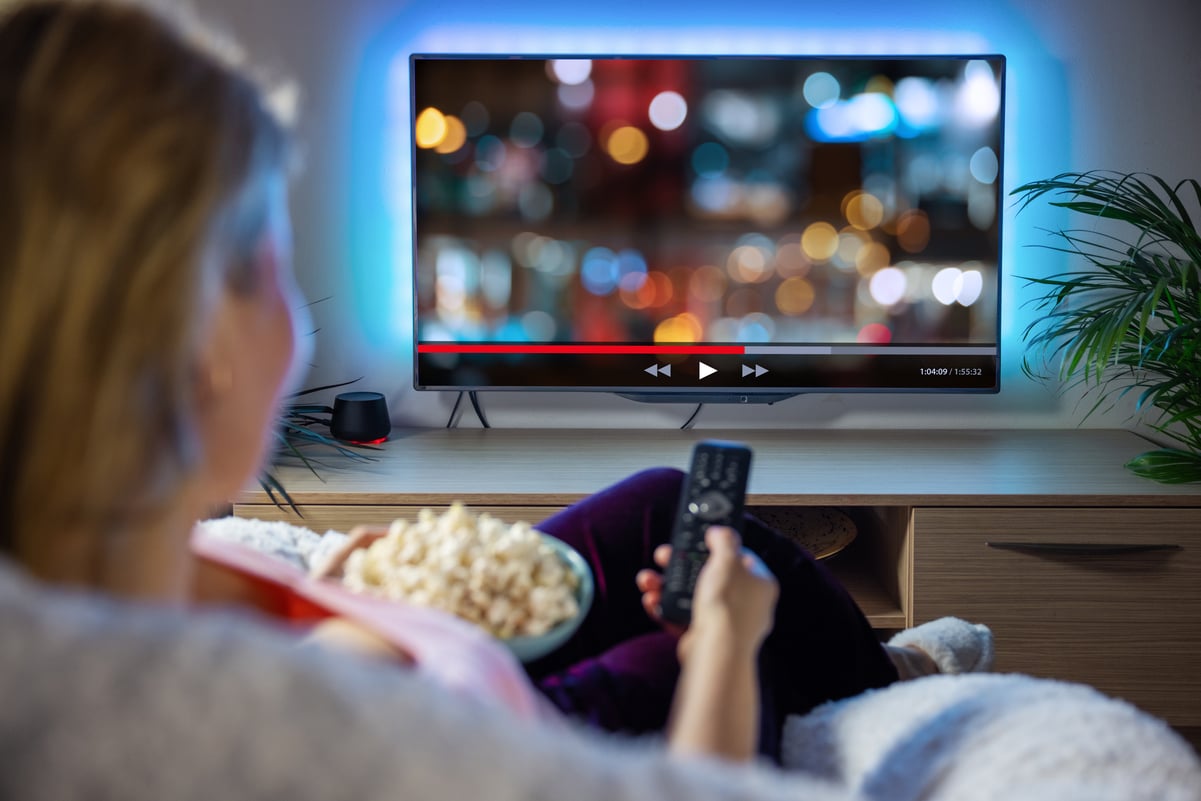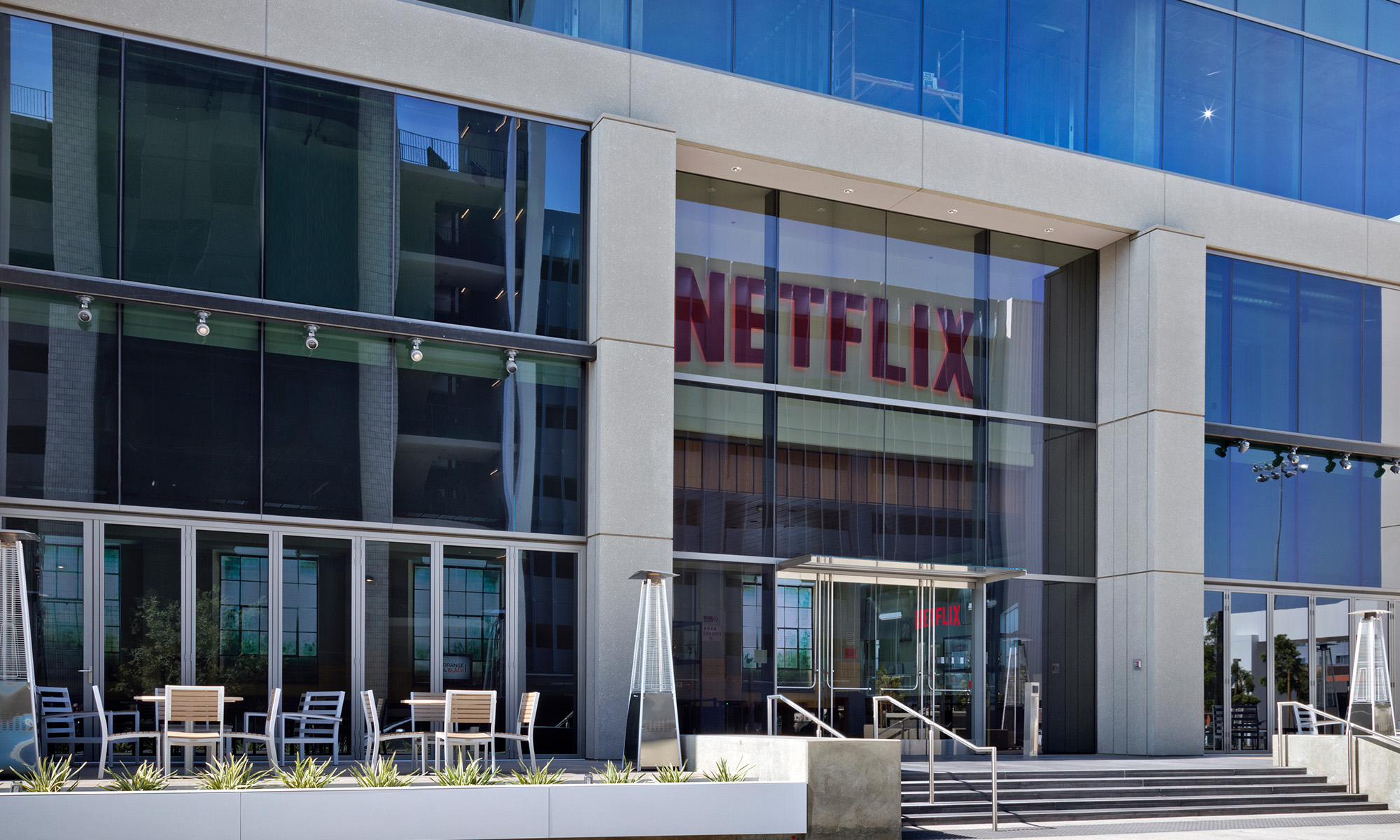
Netflix (NFLX 1.18%) is the undisputed champ of premium streaming services, but Amazon.com (AMZN +0.44%) beat it to the punch with offline streaming last week.
One of the biggest requests from Netflix subscribers -- the ability to watch shows and movies when they are not online -- was satisfied by Amazon last week. The leading online retailer expanded the ability to download select titles to Android and iOS mobile devices, the gadgets most in need of pre-downloaded content in access-starved areas. Amazon had no problem singling out Netflix by name in its press release.
"Amazon Video is the only online subscription streaming video service that enables downloads of titles, meaning unlike other subscription streaming services such as Netflix, Prime members can enjoy movies and TV shows as part of their membership even when they don't have an Internet connection available," it reads.
Amazon is throwing down the gauntlet, but it doesn't mean that Netflix is going to pick it up -- at least not yet. Let's go over a few of the reasons why Netflix may take it slow here.
1. The "paradox of choice" is real
One of the clearest indications that Netflix isn't going to rip this page out of the Amazon playbook comes from an interview that Chief Product Officer Neil Hunt had with Gizmodo UK at a Berlin trade show following Amazon's move.
He wasn't impressed with the move, and he's not just trying to hide a sprinkle of jealousy here. He feels that the option to download content will add to the complexity of the platform. Viewers may be requesting offline access, but will they actually use it? This is where we get to the "paradox of choice," where Netflix has learned that keeping things simple is the secret sauce of success.
Hunt refers to a test where Netflix caved in to folks requesting half-star ratings within its five-star grid. It decided to give it a shot, only to find that offering folks the graphical ability to add half-stars within the five stars reduced the number of ratings submitted by 11%.
2. Offline streaming will be less of an opportunity over time
The logic is certainly sound for going offline. If you're flying coast to coast, why not download the full season of Narcos to cover your roundtrip entertainment? If you have a bus commute to work or are taking the kids on a road trip through the country's blue highways, it's better to have digital content available than not.
However, connectivity is getting a lot easier. Most planes offer Wi-Fi these days, and the same can be said about mass transit. Most smartphones offer the ability to share data as a mobile hotspot for tablets and other devices that lack organic connectivity. It would be great to have something to stream on a tablet when the power goes out, but those moments may not be worth adding to the complexity of Netflix itself.
3. Netflix doesn't follow Amazon
Amazon offers piecemeal rentals of new movies and current shows that aren't available on Netflix. It's often seen as a gold mine waiting to happen at Netflix. If it begins offering digital versions of the movies and shows that aren't available through its Web-served smorgasbord -- like Amazon -- wouldn't it make a killing?
However, the other side to that story is whether it would have as many subscribers as the 65.5 million worldwide it is servicing now if it became a jack of all trades. Offering rentals, purchases, and video games didn't save Blockbuster, and it hasn't helped Amazon close the widening gap with Netflix.
Netflix wants to keep things simple. The oft-lampooned Qwikster move -- separating its DVD and streaming offerings -- is still seen by many as one of Netflix's rare miscues, but isn't that what it has today anyway? Netflix funnels everyone on its homepage to its streaming service. Qwikster lives -- it's just a operating under the wrapper of dvd.netflix.com subdomain.
Netflix knows what it's doing, and it has a history of knowing what it's doing even when the market's shaking its head. It's Amazon that followed Netflix into the digital smorgasbord in 2011, diving into original programming when Netflix proved that it was viable. Netflix follows Netflix, and that's why when it does offer offline access -- if it ever does -- it will be solely on its terms and the time it chooses.







